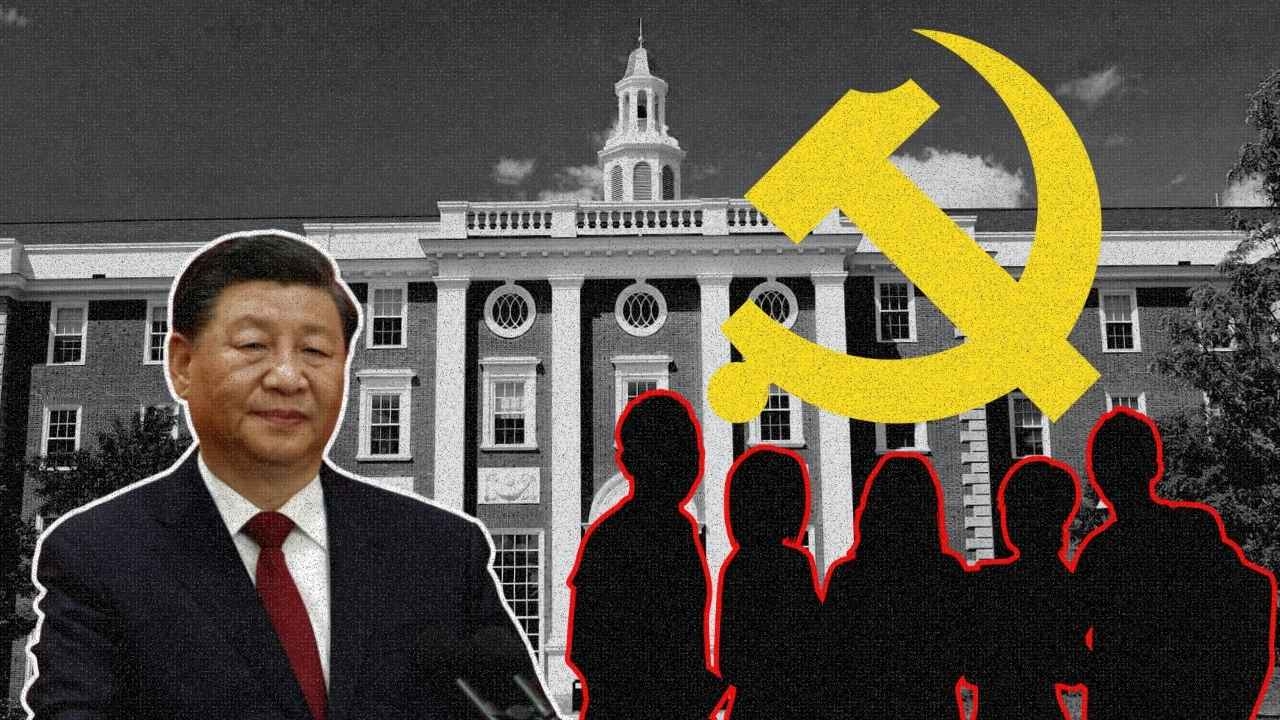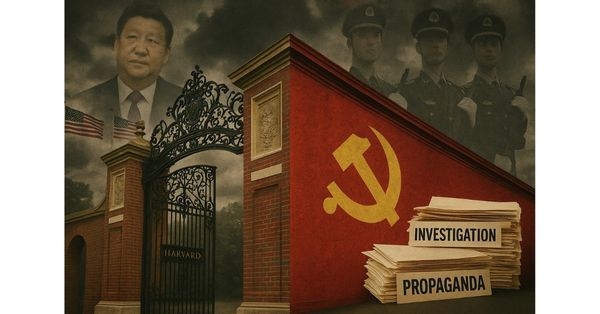Harvard Under Fire for Supporting CCP’s Authoritarian Agenda
US lawmakers probe Harvard’s alleged role in spreading Chinese Communist ideology and undermining US values.
Total Views |

A US Congressional committee has accused Harvard University of enabling China’s Communist Party to push its authoritarian agenda through American academia. Lawmakers have uncovered troubling partnerships between Harvard and Chinese Communist-controlled organisations, prompting a federal investigation and public backlash.
For over a decade, Harvard allegedly cooperated with institutions run by the Chinese Communist Party (CCP), including the China Executive Leadership Academy Pudong. That organisation reports directly to the CCP’s Central Organisation Department, which trains future party leaders and spreads Xi Jinping’s ideological doctrine. Lawmakers claim Harvard helped the CCP promote its system of control while turning a blind eye to the regime’s human rights abuses.
Investigators also found that Harvard trained individuals linked to the Xinjiang Production and Construction Corps, a paramilitary body associated with the repression of Uyghur Muslims. Human rights groups have repeatedly called out this organisation for its role in the systematic abuse of religious minorities in China.
By engaging with such bodies, Harvard did more than simply ignore the CCP’s agenda. It became a tool for spreading propaganda and legitimising a government that censors, surveils and punishes dissent. Congressional leaders say the university’s willingness to align itself with a foreign authoritarian power raises grave concerns about national security.

Several lawmakers are now demanding a full audit of Harvard’s finances and partnerships involving Chinese-backed institutions. They’ve warned the university could lose its tax-exempt status if it fails to account for these connections by the 7 August deadline. The scandal comes as Harvard faces other serious controversies, including backlash over antisemitism and its divisive DEI (diversity, equity and inclusion) policies.
Americans from across the political spectrum expect Harvard to uphold the values of free thought, academic independence and national loyalty. Instead, critics say the university has traded those ideals for access to foreign money and influence. Rather than standing as a beacon of truth, Harvard is now accused of becoming a willing partner in a global propaganda campaign.
The revelations have sparked concern across the academic world. Lawmakers now question whether other US universities have also accepted funding or collaborated with CCP-affiliated organisations. National security experts warn that these arrangements could open the door to foreign interference and ideological infiltration.
This scandal has forced a reckoning over how much freedom American universities should give to foreign powers. Harvard’s critics argue that the institution must prioritise transparency and accountability over global networking. The time has come, they say, for US academic institutions to draw clear boundaries between international cooperation and compromise of national interests.
Article by
Shomen Chandra
Tilda, Chhattisgarh

